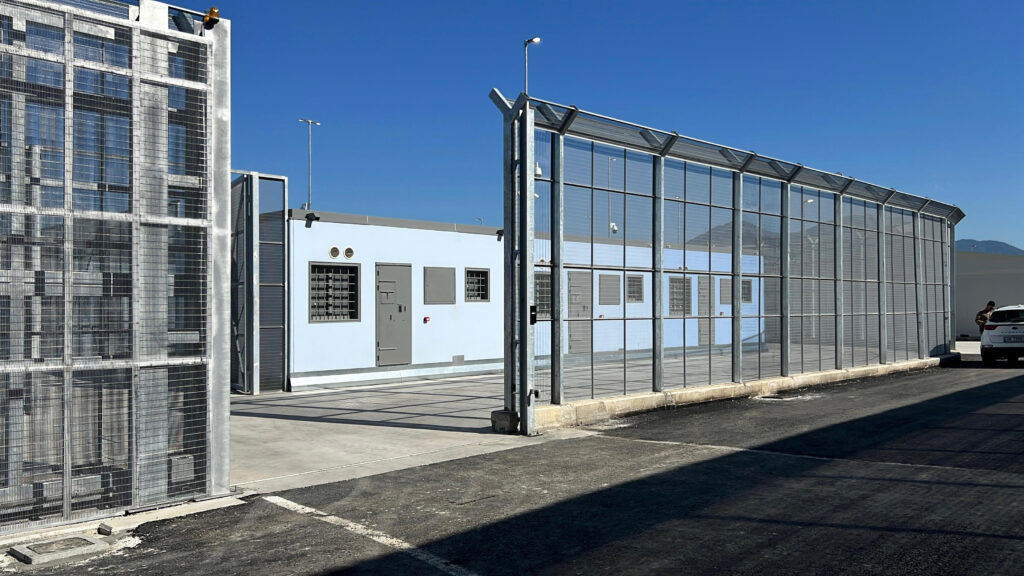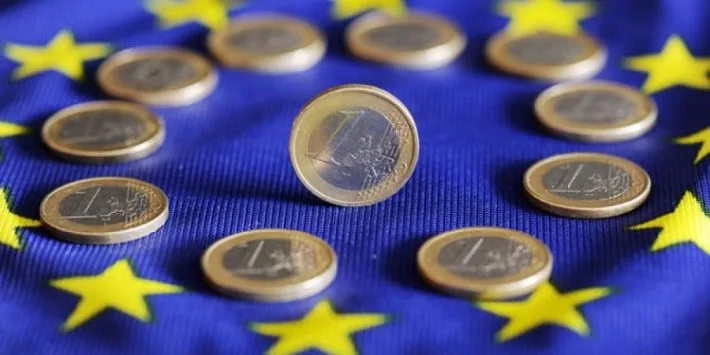Brussels –The Italy-Albania protocol on migration continues to spark discussion. In the spotlight, this time is the designation as “safe countries” of States where there are blatant human rights violations, in complete contrast to EU law.
To clarify the issue, a written question has been submitted to the European Commission by Democratic Party (PD) MEP Alessandro Zan together with independent PD MEP Cecilia Strada, also supported by the Alliance of Greens and the Left (AVS) and Movimento 5Stelle (M5S).
The dust does not seem to settle over Meloni’s Executive Albanian experiment. Among the safe countries to which repatriations are to be made are cases of “widely confirmed persecution,” so it is up to the EU executive to understand whether this is compatible with European law.
One of the elements of European laws regarding the definition of “safe countries” (outlined in various documents, including the Directive 2005/85/EC, the progenitor of the definition) requires that the definition take into account that the country is safe in toto, that there is respect for human rights and that, in the event of repatriation, there are no risks to the rights of the person.
To decide, the state must evaluate various sources, such as information provided by other member states, the UN Refugee Agency, the Council of Europe, and other relevant international organizations. In addition, the Court of Justice of the European Union (CJEU), in the Ruling of October 4, 2024, confirmed that it is up to member states to constantly check whether there are substantial changes in countries that should be safe in order to have up-to-date information.
The problem is that the Meloni government is reportedly not meeting these European criteria. This is not the first joint initiative on the protocol between Italy and Albania. Zan himself, in collaboration with some MPs from the same political groups as today’s question, had required further clarification about the Italian decree and compatibility with EU law, still without answers.
The text of the question states that in the fact sheets published by the Farnesina, it is clearly stated that “there are widely confirmed cases of acts of persecution and/or serious harm in specific parts of the territory or against clearly identifiable categories of people” in some countries identified at the same time as appropriate for repatriation.
Therefore, the Italian legislation may violate the CJEU ruling named earlier, along with the provisions of the Geneva Convention, the European Charter for Human Rights, and the criteria for designation. Responses are expected to come from the Commission, both for compatibility and regarding the review of the list.
Hence, one of the pillars concerning the Italian government’s strategy on migration policies is discussed, despite the wink by the President of the European Commission von der Leyen and the great support obtained at the European Council level.
It would be a (further) hard blow to the Italian executive on this decree.

In October and early November, two suspensions of transfer proceedings to Albania’s external hubs had come from the Court of Rome, referring decisions back to the CJUE, which had essentially halted the Albania experiment. The issue, again, concerned the alleged incompatibility of Italian law with EU law.
The heart of the matter, both in the written questions and in the positions of Italian jurisprudence, is that the Meloni government is going down a path on migration that is clearly at odds with the regulations that Italy has to abide by in the international arena, especially on the definition of “safe countries.” So, once again, it passes the ball to the EU on the issue. On migration, the waters in Brussels are rough. The search for alternative migration management continues, and the issue of border security has its own specific weight in the European debate, especially as the European People’s Party (EPP) seems increasingly fascinated by the ideas of far-right political groups.
Quite a hot potato for the new (if confirmed) College of Commissioners and the Austrian Magnus Brenner, Commissioner-designate for Home Affairs and Migration. Who knows if Brenner’s “comprehensive approach” in respecting EU law will include a laissez-passer to Italy for a protocol that, as of today, has no footholds to work.
English version by the Translation Service of Withub






